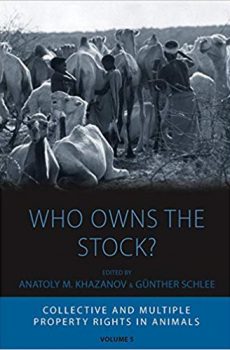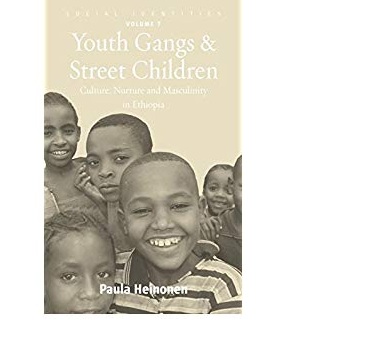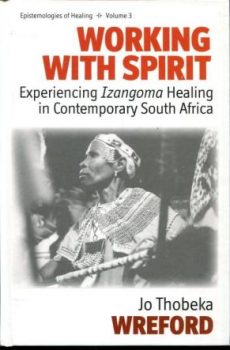
Who Owns the Stock
8,400.00₹ 2,010.00₹
The issue of collective and multiple property rights in animals, such as cattle, camels or reindeers, among pastoralists has never been a subject of special cross-cultural and comparative study. Focusing on pastoralist societies in East and West Africa, the Far North and Siberia, and the Eurasian steppes, this volume addresses the issue of property rights and the changes these societies have undergone due to the direct or indirect influence of modernization and globalization processes. The contributors also investigate the interplay of older sets of rights and modern marketing policies; political, ecological and economic effects of collectivization and de-collectivization; the existence of collective and private property in the Soviet Union and its successor states; state taxation and destocking measures in African dry lands; and the effects of quarantine, as well as import and export regulations. The rich and well-researched ethnographic, historical, and economic data in these chapters provides new theoretical insights into the matter of property rights in animals.

Youth Gangs and Street Children
8,400.00₹ 2,890.00₹
The rapidly expanding population of youth gangs and street children is one of the most disturbing issues in many cities around the world. These children are perceived to be in a constant state of destitution, violence and vagrancy, and therefore must be a serious threat to society, needing heavy-handed intervention and ‘tough love’ from concerned adults to impose societal norms on them and turn them into responsible citizens. However, such norms are far from the lived reality of these children. The situation is further complicated by gender-based violence and masculinist ideologies found in the wider Ethiopian culture, which influence the proliferation of youth gangs. By focusing on gender as the defining element of these children’s lives ― as they describe it in their own words ― this book offers a clear analysis of how the unequal and antagonistic gender relations that are tolerated and normalized by everyday school and family structures shape their lives at home and on the street.




